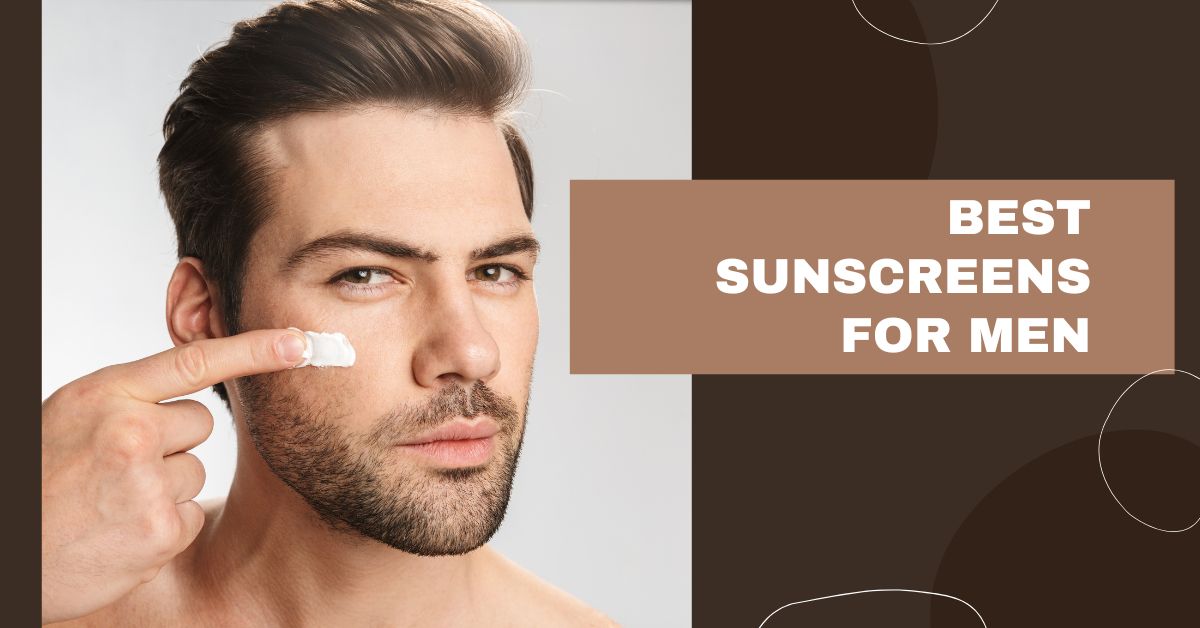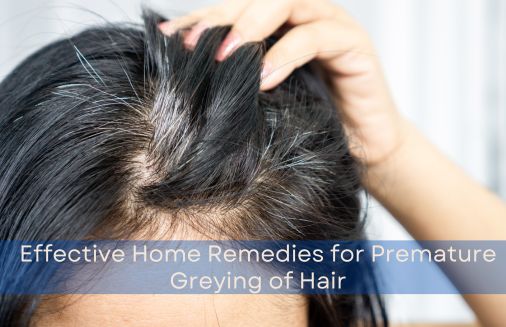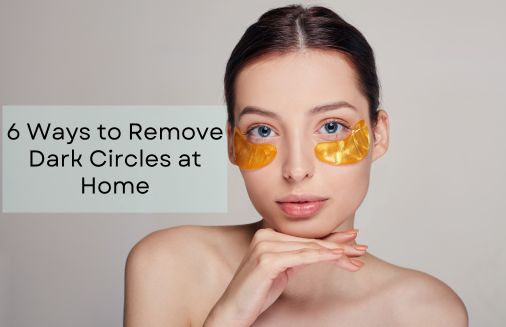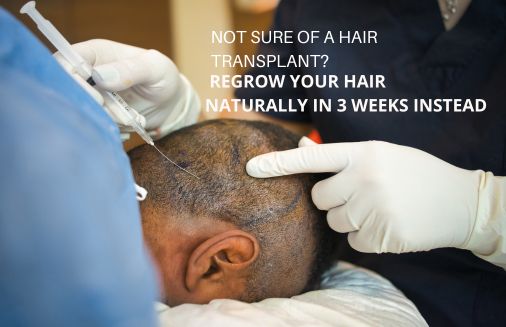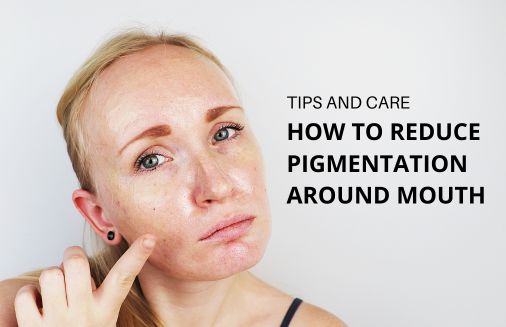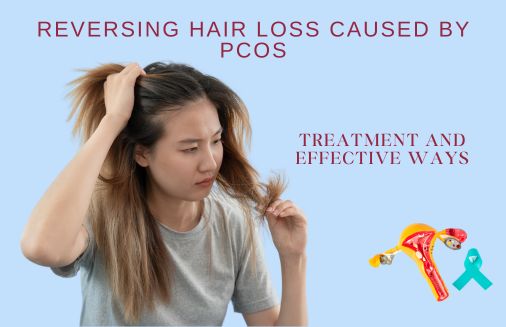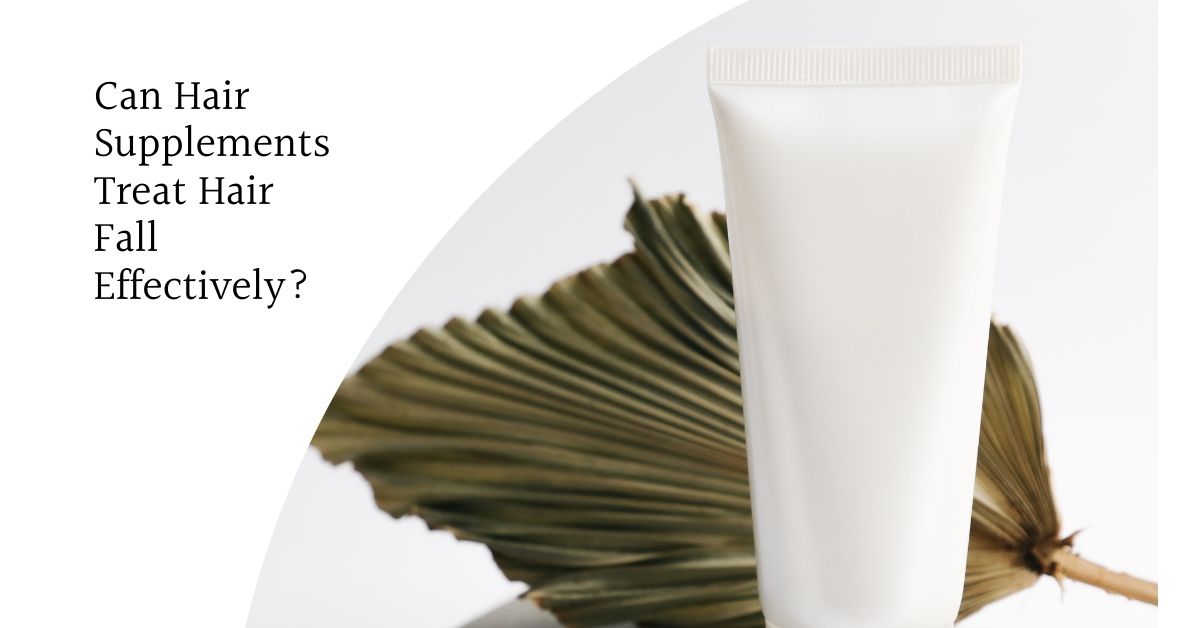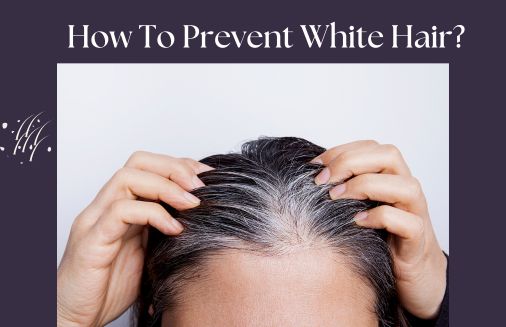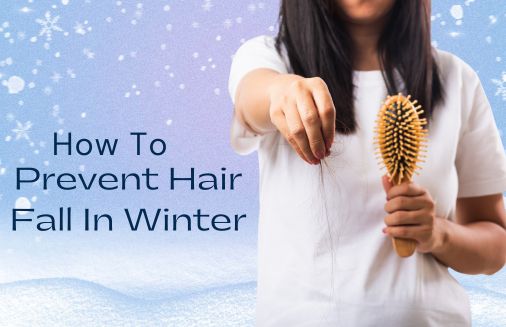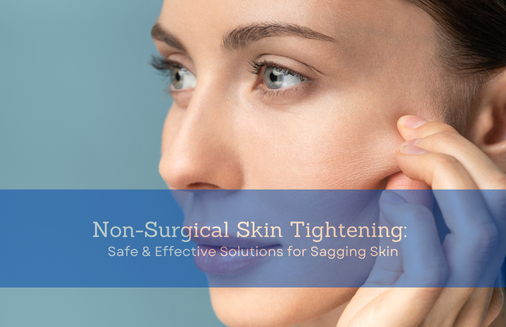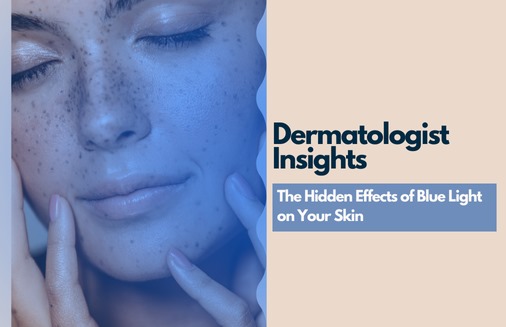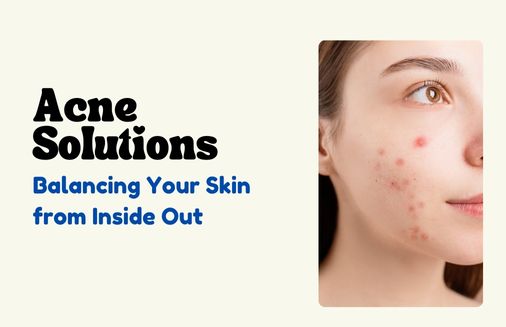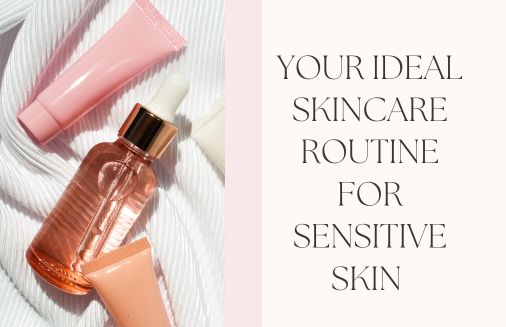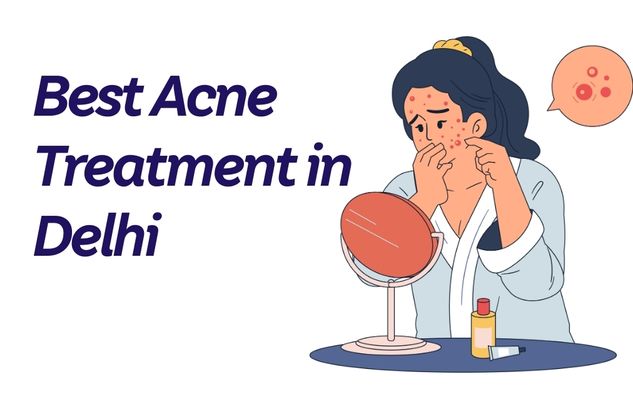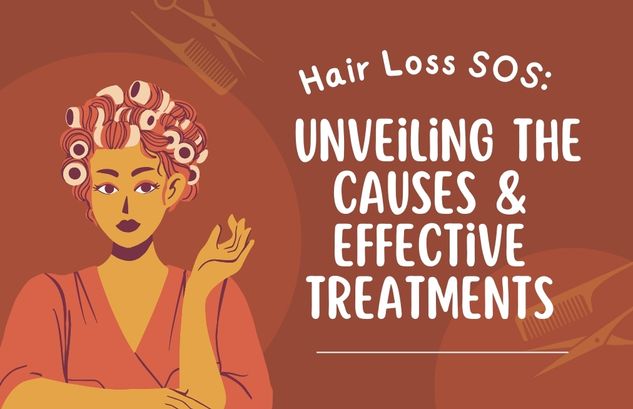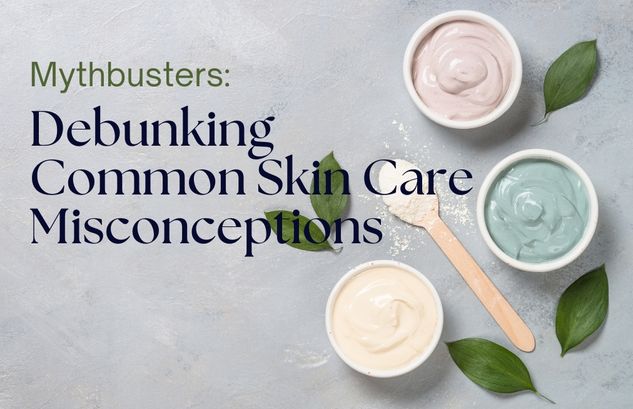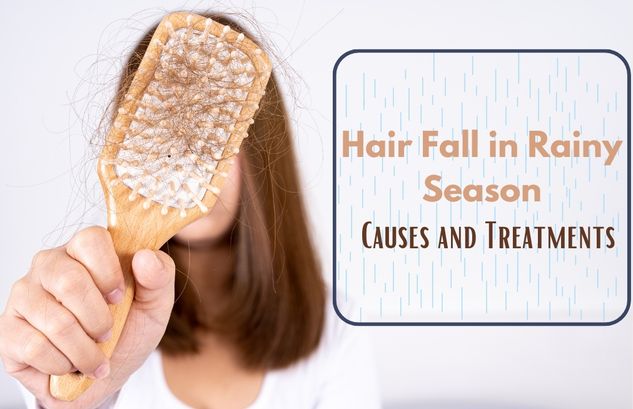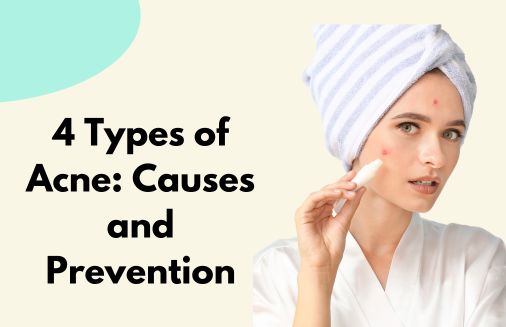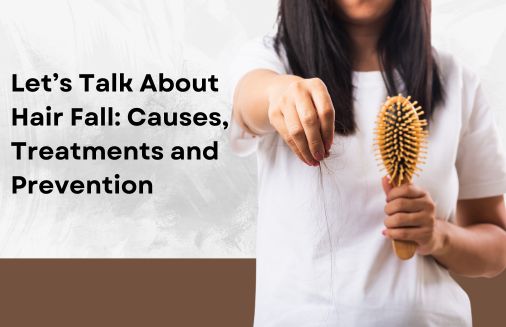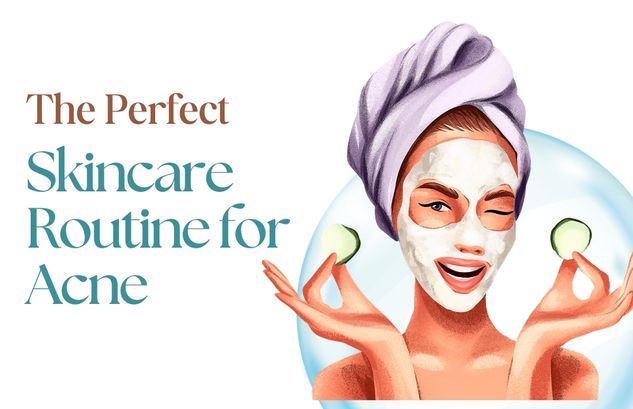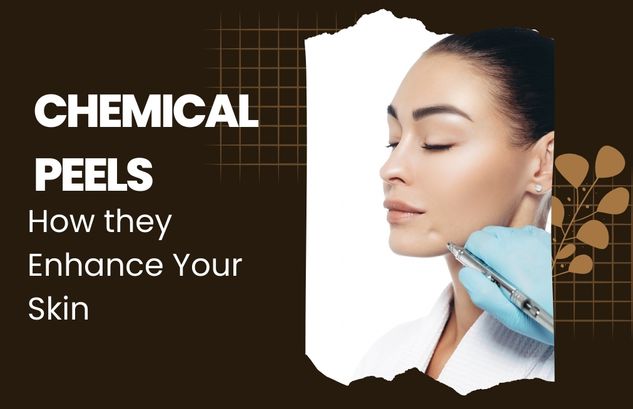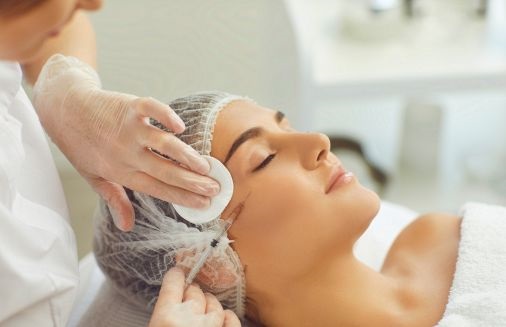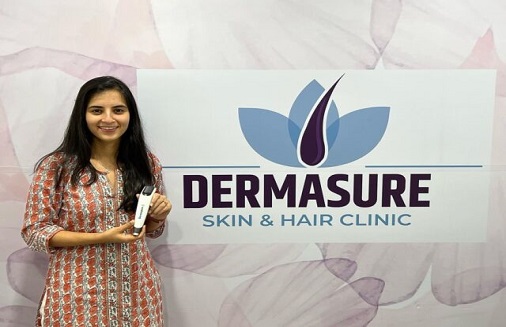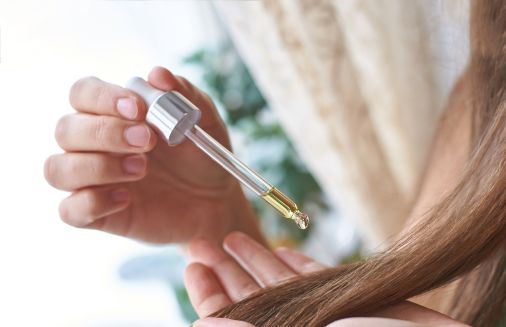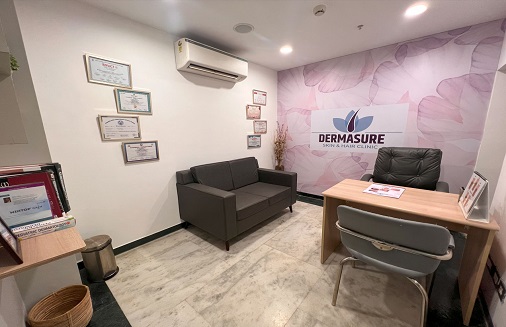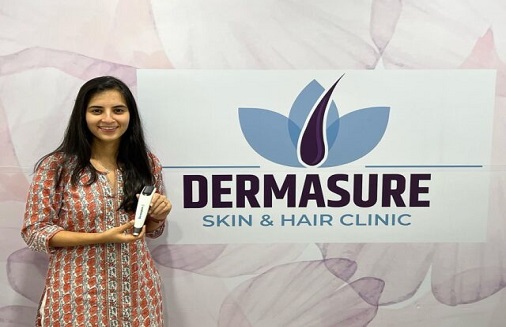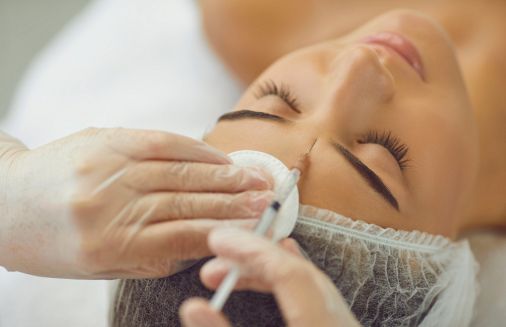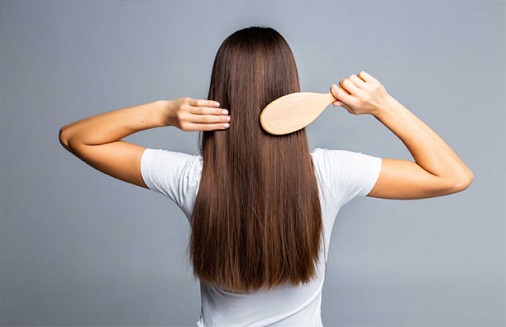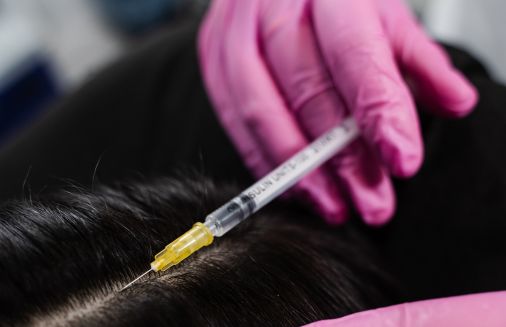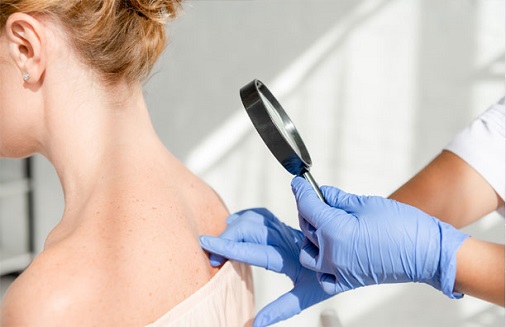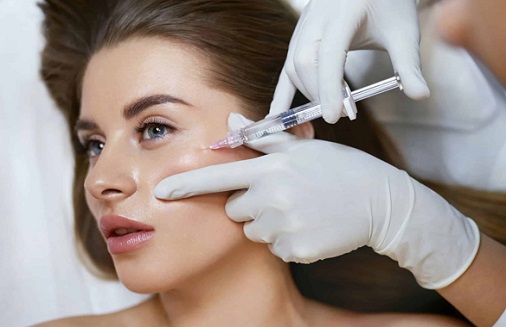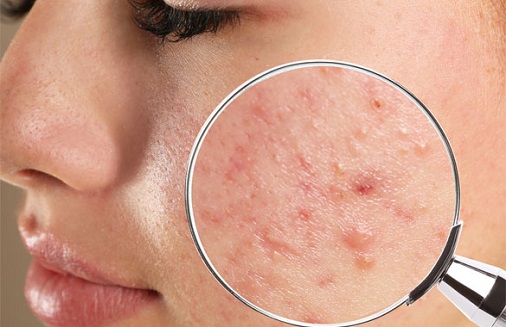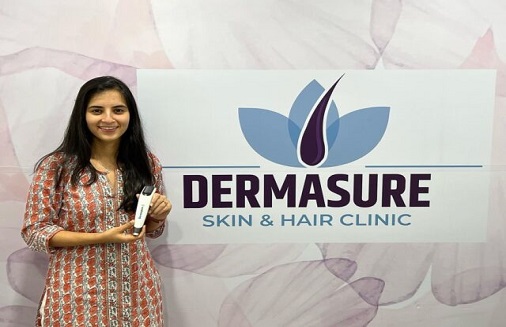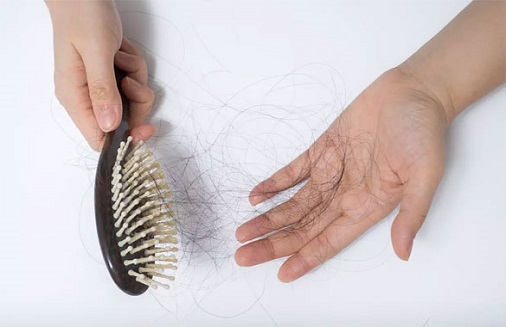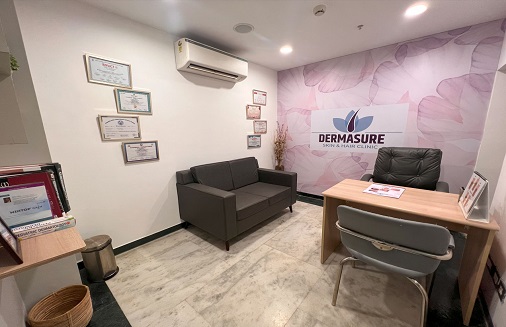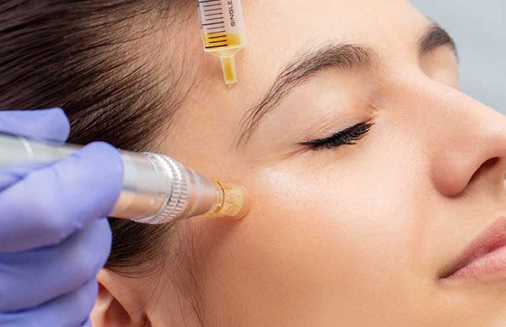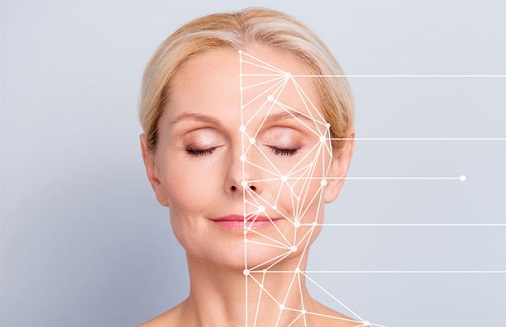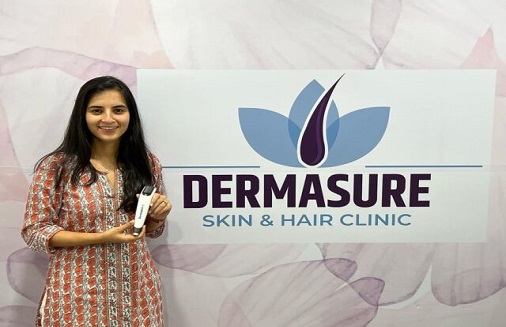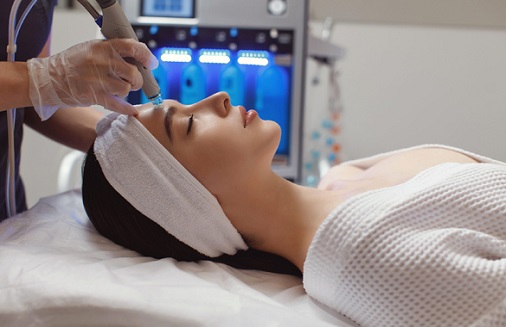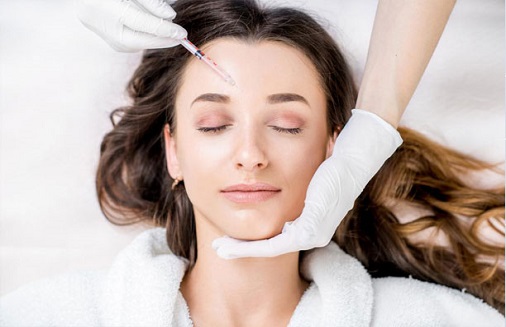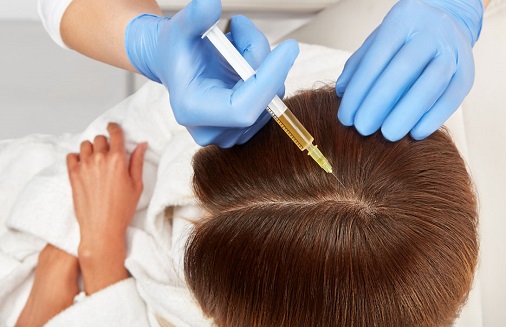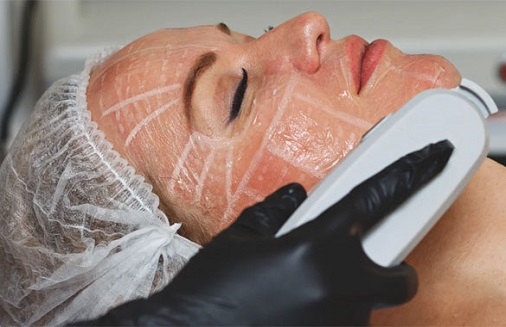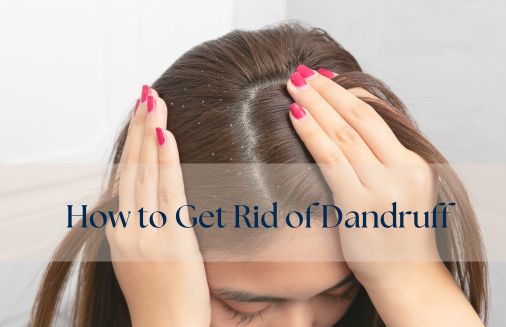
Dandruff can be quite the menace.
A few days into the chilly season and you are already looking forward to upcoming holidays plus the wedding buzz; but your hair has got other plans.
When you notice these white/grey flakes on your scalp, you may think they can be managed easily, which is true in most cases. Mild dandruff can be effectively treated at home with remedies, but it may return again.
If you don’t wish to spend the winter season and beyond with dandruff, keep reading.
What is Dandruff and Why Does it Occur?
Some people may say that dandruff occurs simply because the skin is dry, but it can have several causes. Dandruff is simply the shedding of dead skin cells which leads to white or grey flakes on the scalp. As a common condition affecting almost 70% of Indians, dandruff can be caused from a variety of factors, including fungal overgrowth, lack of moisture, changes in the weather and so on.
While some flaking is a normal part of skin renewal, dandruff occurs when this process is accelerated, resulting in visible flakes. There are two main types of dandruff:
Dry Dandruff: Occurs in dry scalp and is usually flaking that resembles dandruff. This means that there is a lack of moisture in the skin, leading to smaller, white flakes that will easily fall off from hair and won’t stick to the strands.
Oily Dandruff: Caused due to a condition called seborrheic dermatitis, that causes oily, red, and scaly skin. It can also affect areas like the scalp, face, and upper body. Seborrheic dermatitis is usually a result of hormonal fluctuations, chronic stress, and sensitivity to hair treatments.
Another reason for oily dandruff could be the overgrowth of malassezia yeast on the scalp, wherein there is excessive production of oil that leads to increased skin cell production and flaking. Anti-fungal shampoos and certain medications can help combat dandruff caused by malassezia yeast.
Symptoms
Medical repercussions for dandruff aren’t serious, but they can cause self-esteem issues, especially if the dandruff is difficult to treat with home remedies:
Flaking and Itchy Scalp: In case of mild to severe dandruff, there can be itching, which can eventually lead to scratching, and inflammation on the scalp.
Dryness: There may be some dryness in the scalp, which can contribute to flaking and discomfort. Some individuals may also notice crusty or raw areas on the scalp, which implies severe inflammation.
Hair Breakage or Thinning: Over time, flaking can lead to hair breakage or thinning as it causes inflammation, affecting the hair follicles and disrupting hair growth. Dandruff is also associated with hair loss, which can be reversed after effectively treating it.
Dermatologist’s Take on How to Remove Dandruff
Dandruff isn’t worth the hassle. Be it flaking, temporary itching or dryness, keeping dandruff around for a long time will affect your hair growth and lead to more hair fall. Dandruff also does not restrict itself to the scalp and spreads to other areas of the face such as the beard, eyebrows, and behind the ears.
In case you have got mild dandruff, here’s what you can do:
1. Treatment
Start with regular cleansing using a gentle shampoo to reduce oil and skin cell buildup.
You can also switch to medicated dandruff shampoos with ingredients such as pyrithione zinc, tar-based, salicylic acid, selenium sulfide, ketoconazole, or fluocinolone.
Also minimize using styling products such as dry shampoos and cosmetic hair fixers, as they promote scalp buildup that further aggravate dandruff.
If a particular shampoo works for a time and doesn’t continue being effective, try switching alternatively between two types of dandruff shampoos.
2. Lifestyle Changes
Managing stress: Stress can exacerbate existing symptoms of dandruff. Fixing your sleep cycle and reducing stress levels may help.
Appropriate Nutrition: A balanced diet rich in zinc, B vitamins, and healthy fats supports scalp health. See if you can incorporate fish oil as it is rich in omega – 3 and can help immensely in controlling dandruff.
3. Seek Professional Help
There is a great chance that dandruff may come back despite following these steps. In that case, it is advised to consult a medical professional, preferably a dermatologist.
As a number one choice for best hair treatment in Delhi, Dermasure can help you with controlling dandruff symptoms effectively. Book an appointment with us and we will take it from there.


